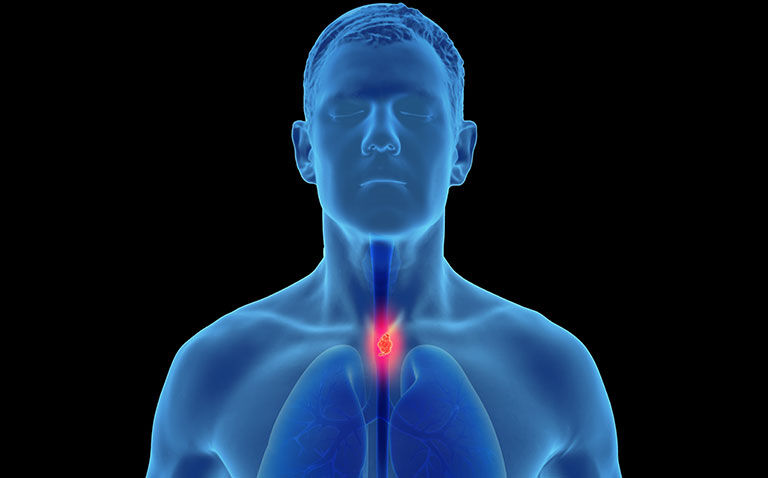A high pre-treatment tumour monocyte content prior to immunochemotherapy in patients with inoperable oesophageal cancer is associated with greater overall survival, according to a recent study.
Writing in the journal Cell Cancer, the researchers from the Ludwig Institute for Cancer Research, University of Oxford together with international colleagues, sought to identify which patients would best respond to an initial four week course of immune checkpoint inhibitors followed by immunochemotherapy.
As part of their analysis, the researchers performed comprehensive biomarker profiling, as well as multi-timepoint transcriptomic profiling during the initial four-week course of an immune checkpoint inhibitor. The analysis revealed how a novel T-cell inflammation signature, which they termed INCITE, was up-regulated and correlated with immune checkpoint inhibitor induced tumour shrinkage.
As such, they determined that a high tumour monocyte content in patients receiving immunochemotherapy, was predictive of greater overall survival.
High monocyte tumour burden and clinical response
The study included 35 patients with inoperable oesophageal cancer. While four weeks of immune checkpoint inhibitors was enough to induce tumour shrinkage in some patients, overall, around 40% achieved a clinical benefit (defined as 12 months of progression-free survival) from the immunochemotherapy. The factors responsible for this clinical benefit were unclear.
Using deconvolution of pre-treatment gastroesophageal cancer transcriptomes, it was found that a cluster of patients had tumours with a high monocyte content pre-treatment. In Cox regression on the pre-treatment level of each cell type, the tumour monocyte count was significantly associated with improved overall survival (hazard ratio, HR = 0.38, 95% CI 0.22 – 0.67, p = 0.0008).
When researchers stratified the monocyte content as either high or low, the median overall survival was 24.3 months for the high content group but only 8.6 months for the lower level group.
Commenting on these findings, the researchers suggested that the pre-treatment tumour monocyte count could be a particularly useful marker of durable benefit for those prescribed immunochemotherapy.
The researchers observed a drop in monocyte levels following immune checkpoint inhibitor therapy, yet patients still went on to achieve a clinical benefit.
They therefore suggested that the use of immune checkpoint inhibitors may drive differentiation of intra-tumoural monocytes into pro-inflammatory myeloid effectors and that this was a more likely explanation for the improved outcomes.










